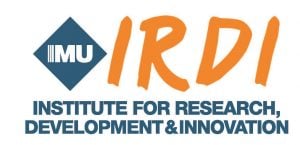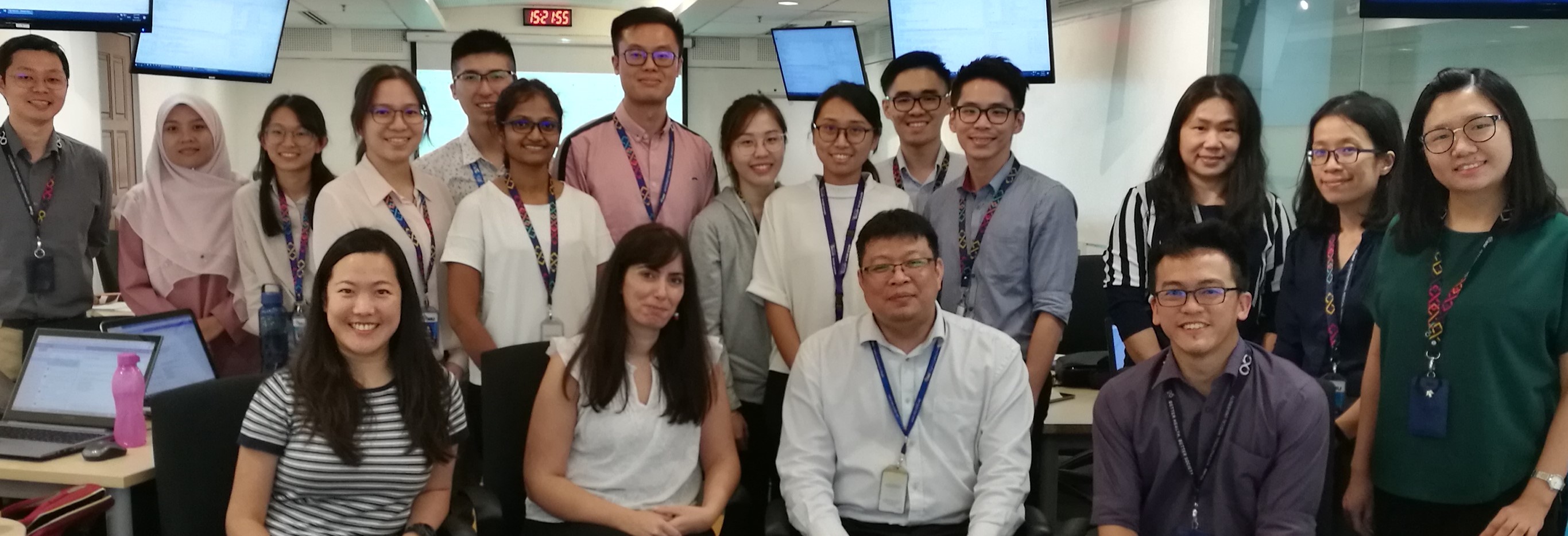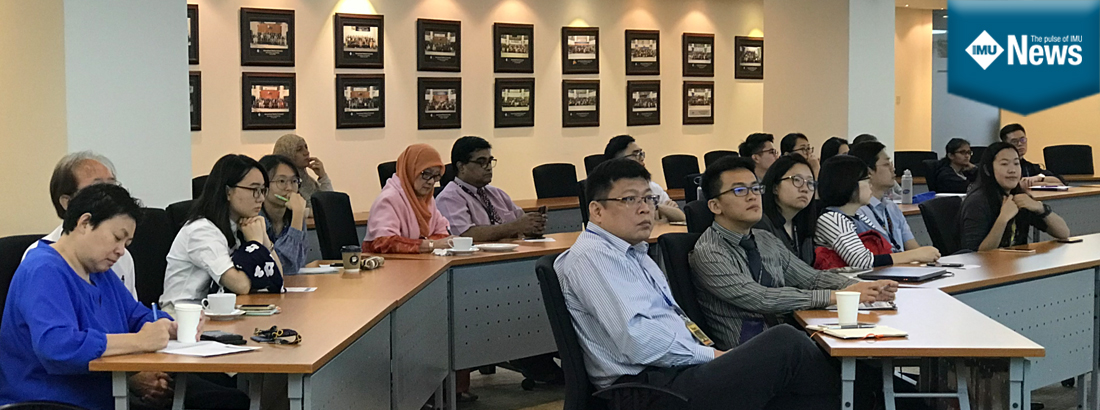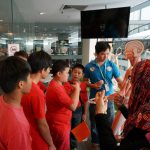Epigenome is made up of chemical compounds and proteins which are attached to DNA and control actions such as turning genes on or off and the production of proteins in particular cells. Chemical compounds attaching to the genes can cause DNA modifications without altering the DNA sequence, resulting in epigenetic changes. As the name “epi” (above or on top in Greek) implies, these chemical compounds are not part of the DNA sequence but are on or attached to the DNA. Epigenetics is the study of characteristics or “phenotypes” that do not involve changes to the DNA sequence. Researchers have been looking into the roles epigenetics play in the development of cancers. For instance, an epigenetic change that turns off the tumor suppressor gene which suppresses the growth of cancer cells could lead to uncontrolled cancer cell growth. Besides, epigenetic change that switches off the genes that help repair damaged DNA could cause an increase in DNA damage, which in turn, increases risk of cancer.  25 November 2019 – Featuring this, the Centre for Cancer and Stem Cell Research of the Institute for Research, Development and Innovation (IRDI) had successfully organised a Translational Research Seminar Talk titled Investigating the role of epigenetic changes and pathways to advance understanding of cancer onset and progression at the International Medical University (IMU) Bukit Jalil campus. The speaker for this talk was Dr Rita Khoueiry who is the scientist from the International Agency for Research on Cancer (IARC), France established by the World Health Organization (WHO). Her research aims to elucidate the epigenetic mechanisms in the onset, progress, and metastasis of cancer.
25 November 2019 – Featuring this, the Centre for Cancer and Stem Cell Research of the Institute for Research, Development and Innovation (IRDI) had successfully organised a Translational Research Seminar Talk titled Investigating the role of epigenetic changes and pathways to advance understanding of cancer onset and progression at the International Medical University (IMU) Bukit Jalil campus. The speaker for this talk was Dr Rita Khoueiry who is the scientist from the International Agency for Research on Cancer (IARC), France established by the World Health Organization (WHO). Her research aims to elucidate the epigenetic mechanisms in the onset, progress, and metastasis of cancer.

The talk was very insightful on how understanding epigenetic changes associated with cancer onset, progression, and metastasis could help us better prevent, diagnose, and treat cancer. It was also an eye-opening talk with Dr Rita’s sharing of her projects working on exploring the relationships between epigenetic changes and external environmental stimuli that might constitute a risk for cancer development.
Related Articles:









